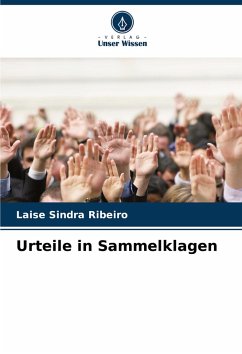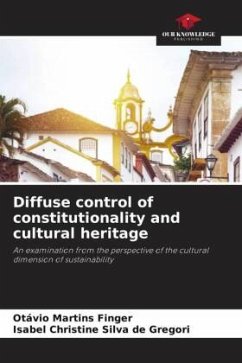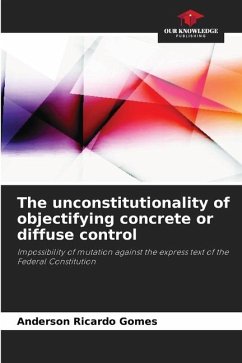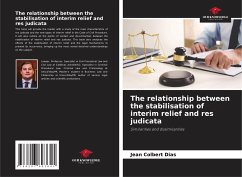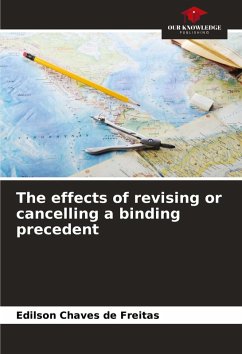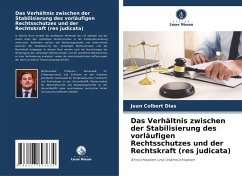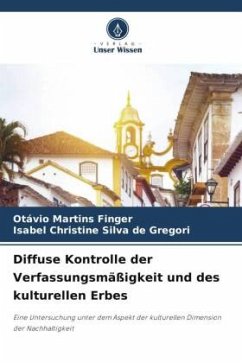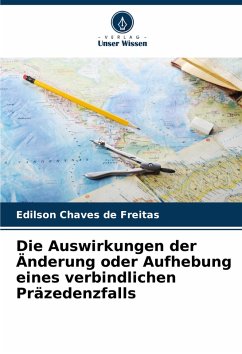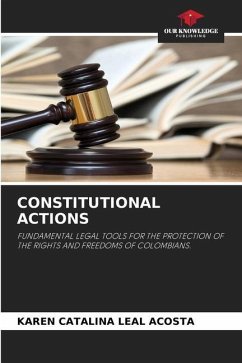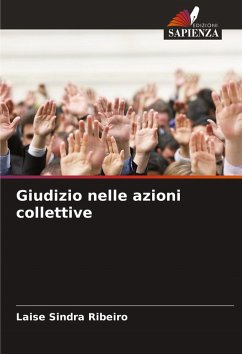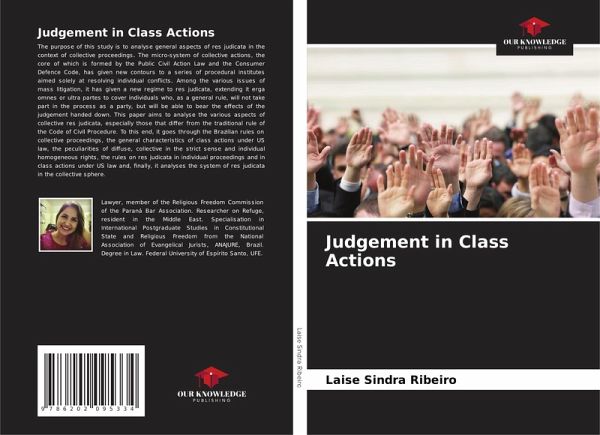
Judgement in Class Actions
Versandkostenfrei!
Versandfertig in 6-10 Tagen
37,99 €
inkl. MwSt.

PAYBACK Punkte
19 °P sammeln!
The purpose of this study is to analyse general aspects of res judicata in the context of collective proceedings. The micro-system of collective actions, the core of which is formed by the Public Civil Action Law and the Consumer Defence Code, has given new contours to a series of procedural institutes aimed solely at resolving individual conflicts. Among the various issues of mass litigation, it has given a new regime to res judicata, extending it erga omnes or ultra partes to cover individuals who, as a general rule, will not take part in the process as a party, but will be able to bear the ...
The purpose of this study is to analyse general aspects of res judicata in the context of collective proceedings. The micro-system of collective actions, the core of which is formed by the Public Civil Action Law and the Consumer Defence Code, has given new contours to a series of procedural institutes aimed solely at resolving individual conflicts. Among the various issues of mass litigation, it has given a new regime to res judicata, extending it erga omnes or ultra partes to cover individuals who, as a general rule, will not take part in the process as a party, but will be able to bear the effects of the judgement handed down. This paper aims to analyse the various aspects of collective res judicata, especially those that differ from the traditional rule of the Code of Civil Procedure. To this end, it goes through the Brazilian rules on collective proceedings, the general characteristics of class actions under US law, the peculiarities of diffuse, collective in the strict sense and individual homogeneous rights, the rules on res judicata in individual proceedings and in class actions under US law and, finally, it analyses the system of res judicata in the collective sphere.





